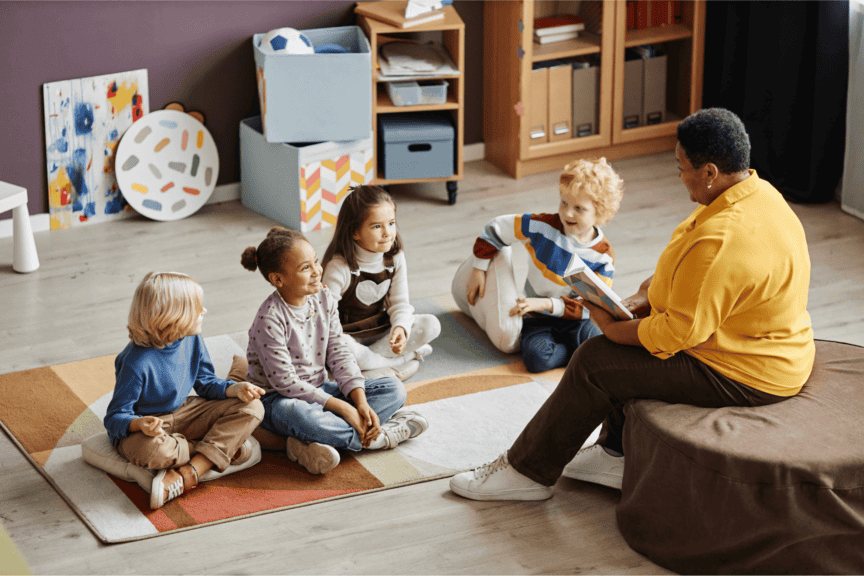- Best Practices for Safely Changing Hearing Aid Batteries - May 6, 2025
- The Connection Between Stress and Tinnitus - April 7, 2025
- Breaking Barriers to Hearing Health with Mobile Audiometric Testing Services - March 3, 2025
Children with hearing loss face unique challenges in the classroom, but with the right accommodations, they can thrive academically and socially. In this guide, we’ll discuss what parents and educators need to know about providing effective accommodations for students with hearing loss in school settings.
Early Detection and Assessment
Early detection of hearing loss is crucial for implementing appropriate accommodations in school. Regular hearing health exams, conducted by providers, can identify any hearing loss early on and help determine the most suitable interventions. Parents and educators should be proactive in monitoring children’s hearing health and seeking professional evaluation if any concerns arise.
There are various accommodations that can be made in the classroom to support students with hearing loss. These may include preferential seating near the teacher, the use of assistive listening devices such as FM systems or loop systems, and providing written or visual materials to supplement verbal instructions. Teachers can also use techniques such as repeating and rephrasing information, facing the class when speaking, and minimizing background noise to enhance communication for students with hearing loss.
Individualized Education Plans (IEPs) and 504 Plans
Students with hearing loss may be eligible for an Individualized Education Plan (IEP) or a Section 504 Plan, which outline specific accommodations and support services tailored to their needs. These plans may include provisions for assistive technology, additional time for assignments or tests, access to speech therapy or tutoring, and accommodations for extracurricular activities and field trips. Parents should work closely with school administrators and teachers to develop and implement these plans effectively.
Effective communication and advocacy are essential for ensuring that students with hearing loss receive the accommodations and support they need in school. Parents should communicate openly with teachers and school staff about their child’s hearing loss and any specific needs or concerns. They can also educate their child about their hearing loss and how to advocate for themselves in the classroom, such as asking for clarification or repeating information when necessary.
Social and Emotional Support
In addition to academic accommodations, students with hearing loss may benefit from social and emotional support in the school environment. Encouraging peer awareness and understanding of hearing loss can help foster inclusivity and reduce stigma. Schools can also provide opportunities for students with hearing loss to connect with peers who have similar experiences, such as through support groups or social events.
Regular monitoring and evaluation of accommodations are essential to ensure they remain effective and meet the changing needs of students with hearing loss. Parents, educators, and providers should collaborate to assess the effectiveness of accommodations, make any necessary adjustments, and address any new challenges or concerns that arise.
Providing effective accommodations for students with hearing loss in school requires collaboration among parents, educators, providers, and school administrators. By early detection and assessment, implementing appropriate accommodations, developing individualized education plans, fostering communication and advocacy, providing social and emotional support, and conducting ongoing monitoring and evaluation, we can create inclusive learning environments where all students can succeed.

